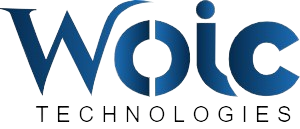A Dedicated Development Team (DDT) is a business model where an organization hires a team of developers, designers, and other technical experts to work exclusively on a specific project or set of tasks for a certain period. This team is dedicated to the client’s project, offering a flexible, scalable, and cost-effective solution for businesses that need specialized skills, consistent output, or a team that integrates seamlessly with their in-house operations.
Key Features of Dedicated Development Teams
- Full Team Integration: A dedicated development team typically consists of all necessary roles to complete a project, including software developers, project managers, UI/UX designers, quality assurance testers, and sometimes business analysts. The team works exclusively on the client’s project, allowing for seamless collaboration and consistency.
- Flexibility: The client can scale the team up or down based on project needs. This model is particularly useful for long-term projects or products that require continuous iteration, as the team can adjust in size and skill set as the project evolves.
- Long-Term Focus: Unlike traditional outsourcing, where work may be done on a per-task basis or for a set duration, a dedicated development team focuses on a long-term partnership. The team becomes a natural extension of the client’s in-house team, aligning with business goals and product objectives.
- Transparency and Control: Clients have full control over the project’s direction, methodologies, and processes. They can directly communicate with the team, set deadlines, prioritize tasks, and provide feedback, ensuring the development process aligns with their vision.
- Time Zone and Communication Alignment: Many companies choose dedicated teams that operate in the same or similar time zones to ensure consistent communication and real-time collaboration. Some prefer outsourcing to teams in different time zones, ensuring round-the-clock development.
Benefits of Dedicated Development Teams
- Cost-Effective: By hiring a dedicated development team, companies avoid the costs of recruitment, onboarding, and training of in-house developers. The cost structure is typically fixed or based on hours worked, making it more predictable compared to hiring permanent staff or relying on ad-hoc outsourcing.
- Access to Expertise: A dedicated development team is composed of experts with the specific skill sets needed for the project. This is particularly beneficial when working on complex technologies or specialized areas like AI, machine learning, or blockchain, which might be difficult to find in-house.
- Improved Focus on Core Business: Companies can focus on their core business activities while leaving development to a team of professionals. This model allows businesses to save time and effort while maintaining full control over the project’s outcomes.
- Faster Time to Market: With a dedicated team, there is a focus on one project, which accelerates decision-making and problem-solving. The team can adapt quickly, making it easier to address challenges and meet deadlines without distractions from other projects.
- Better Collaboration: The model fosters strong, ongoing communication between the client and the development team. Since the team is focused on the client’s project, it builds a deeper understanding of the business goals, enabling better alignment and more efficient collaboration.
- Quality Control: Clients maintain control over the development process, which allows them to implement their own quality assurance standards and review progress regularly. This ensures that the project is progressing in the right direction with high standards of quality.
Use Cases for Dedicated Development Teams
Large and Complex Projects: When building a large-scale application, software platform, or product that requires significant time, resources, and ongoing maintenance, a dedicated development team ensures the right mix of skills and continuity.
Long-Term Partnerships: Startups or businesses looking to develop and scale their products over time often use dedicated teams to manage long-term development without the constraints of hiring and retaining in-house talent.
Continuous Development and Updates: Businesses that require constant updates, bug fixes, and feature enhancements for their applications can benefit from a dedicated team that works on the product full-time, ensuring its continuous improvement.
Conclusion
A Dedicated Development Team is an ideal solution for businesses that need specialized expertise, flexibility, and long-term support for their projects. By outsourcing the development to a dedicated team, companies can achieve high-quality results, faster delivery, and cost savings, all while maintaining control and alignment with their business objectives. Whether for large-scale projects, continuous development, or complex technical needs, dedicated development teams offer a scalable and reliable solution for companies aiming to stay competitive and innovative.



